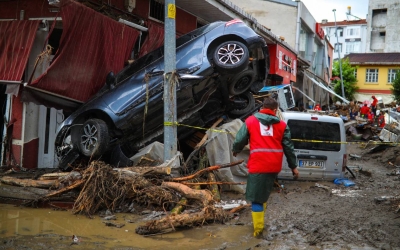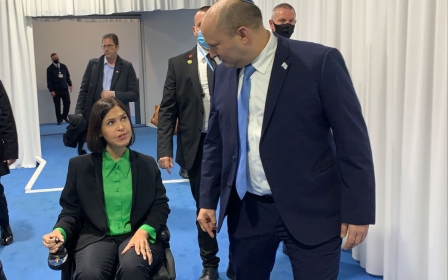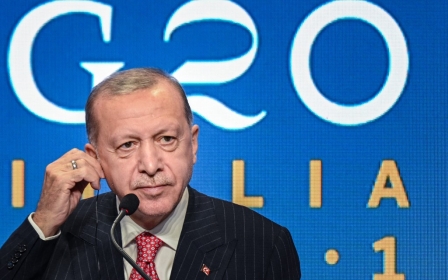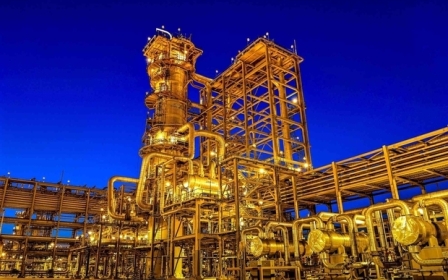COP26: Middle East countries pledge to slash methane emissions
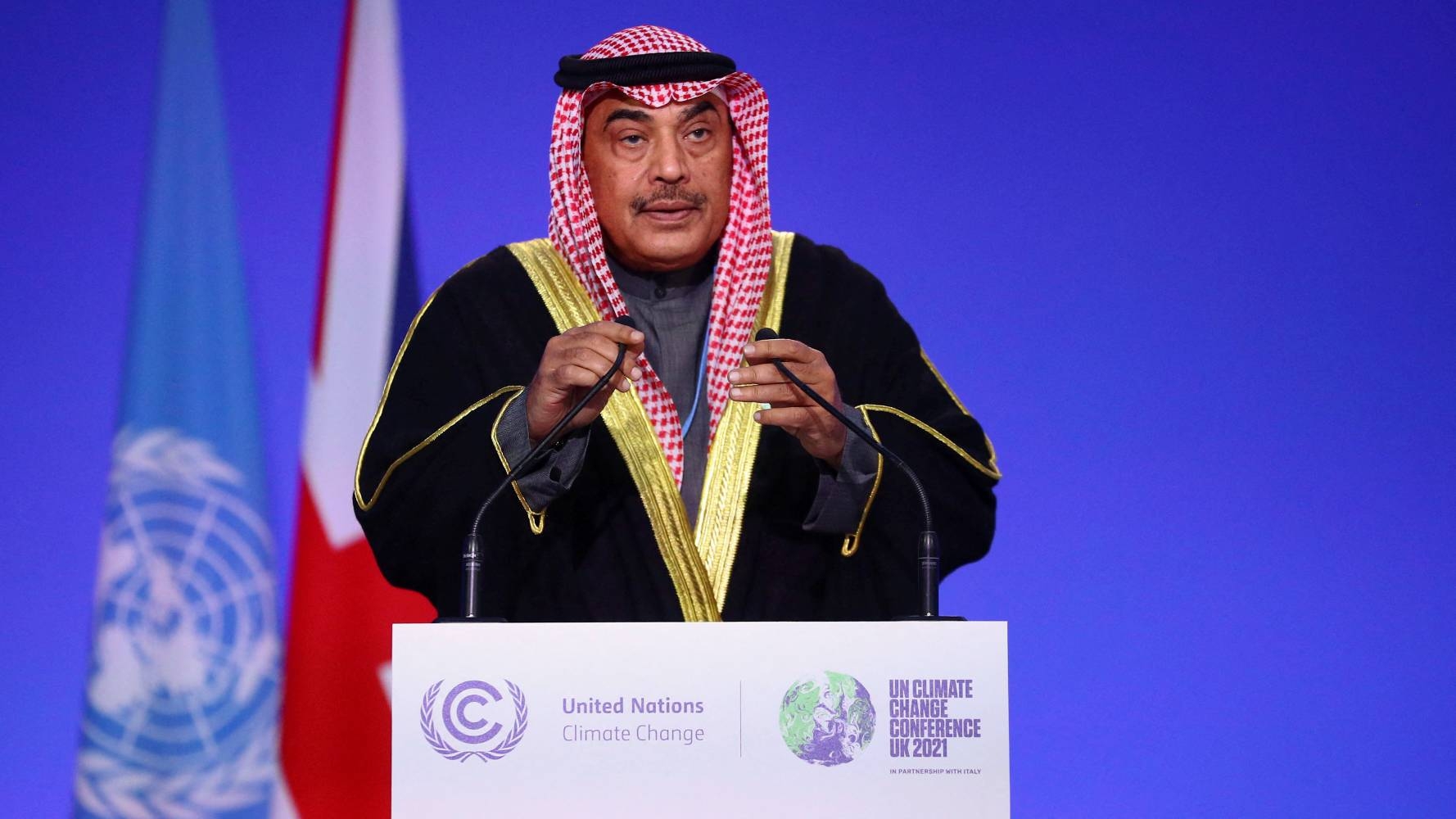
Leaders from across the Middle East at the COP26 summit in Glasgow have pledged to cut methane emission levels by 30 percent by 2030 as part of efforts to tackle the climate crisis.
The Global Methane Pledge is an international initiative put forward by the US and EU to reduce methane emissions, an effective way to slow warming in the short term.
John Kerry, the Biden administration's climate envoy, said more than 100 countries had joined the effort to meet the targets of the pledge.
Some of the countries in the region to sign onto the pledge include Iraq; Jordan; Kuwait; Libya; Mali; Morocco; Saudi Arabia; Tunisia; and the United Arab Emirates.
Missing from the list of signatories are Algeria; Bahrain; Egypt; Iran; Lebanon, Mauritania; Oman; Palestine; Qatar; Turkey; and Yemen.
Cutting methane, a powerful but relatively short-lived greenhouse gas that comes from sources including fossil fuel extraction and livestock farming, is seen as making a significant short-term contribution to climate action.
Speaking at the summit, US President Joe Biden thanked those who have signed the “game-changing commitment”.
“Together we are committing to collectively reduce our methane by 30 percent by 2030, and I think we could probably go beyond that,” he said. “Today it’s approaching 100 countries that are signing on. That’s nearly half the global methane emissions… It’s going to make a huge difference.”
Biden said this would not only help fight climate change but also improve health, cut crop losses and reduce pollution.
"One of the most important things we can do in this decisive decade to keep 1.5 degrees is reduce our methane emissions as quickly as possible," he said. “It’s one of the most potent greenhouse gases there is. It amounts to about half the warming we are experiencing today.”
'Lowest hanging fruit'
Agriculture is understood to be responsible for 25 percent of Scotland’s greenhouse gases and is seen as the greatest contributor worldwide.
Cattle and other ruminants produce huge levels of methane as they break wind, with researchers suggesting a change to their feed is necessary to cut emissions.
Besides the US and EU, major methane emitters like Nigeria and Pakistan have also signed up.
"We have to act now. We cannot wait for 2050. We have to cut emissions fast," European Commission President Ursula von der Leyen said at Tuesday's pledge launch event.
"Methane is 80 times more global warming than CO2. And today, global methane emissions grow faster than at any time in the past. So cutting back on methane emissions is one of the most effective things we can do to reduce near-term global warming and keep 1.5C. It is the lowest hanging fruit."
Earlier this year, the UN urged world governments to tackle methane, saying that in the near term, it was the "strongest lever" to slow the pace of climate change.
If met, the pledge will prevent 0.2 degrees of warming by 2050. However, some of the world's top emitters of methane, including China, Russia and India have not signed up.
Middle East Eye delivers independent and unrivalled coverage and analysis of the Middle East, North Africa and beyond. To learn more about republishing this content and the associated fees, please fill out this form. More about MEE can be found here.


